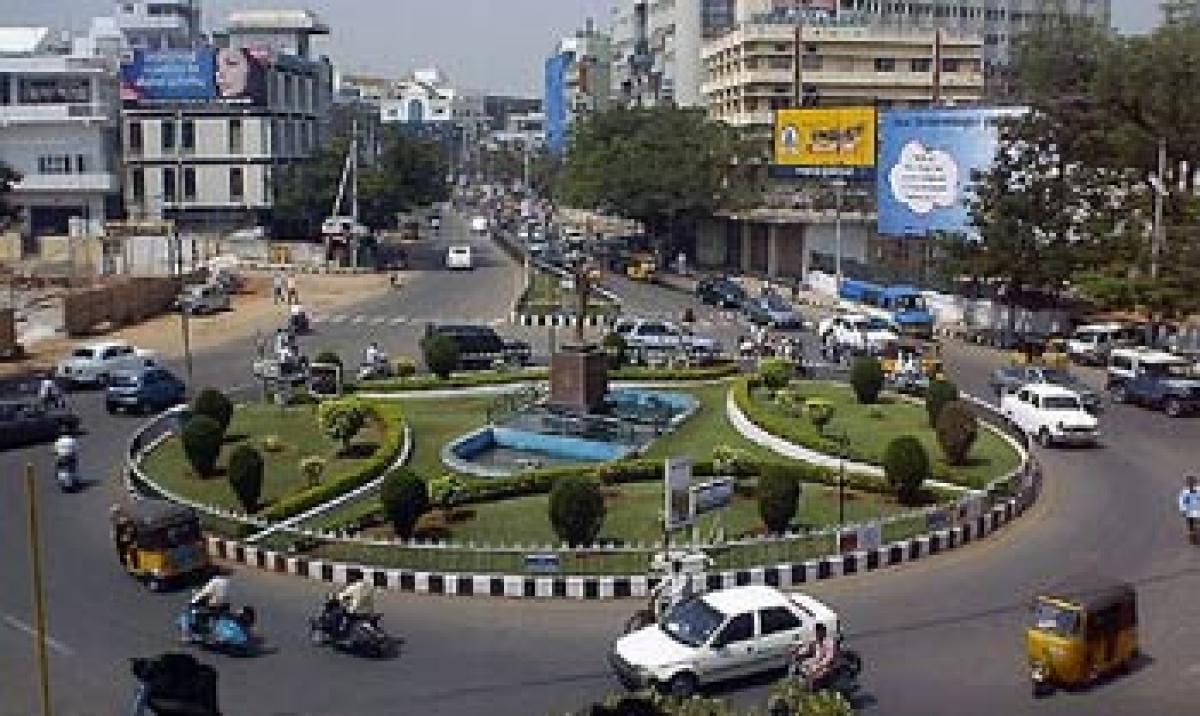Live
- WhatsApp will leave India, if asked to break encryption
- SC rejects pleas on 100% cross VVPAT verification
- Razole: Ample scope for tourism promotion in Konaseema says Pawan Kalyan
- KCR hand in glove with BJP: Revanth
- Kaleshwaram Irregularities: Ghose Commission to dig deep to find flaws
- Kudos to young boy: Saichand’s timely action saves trapped workers
- MyVoice: Views of our readers 27th April 2024
- WHO launches first ever Patient Safety Rights Charter
- Guntur: Narendra Modi to campaign in Andhra Pradesh on May 7,8
- Lower Voter Turnout: ‘400 paar’ looks remote for NDA









